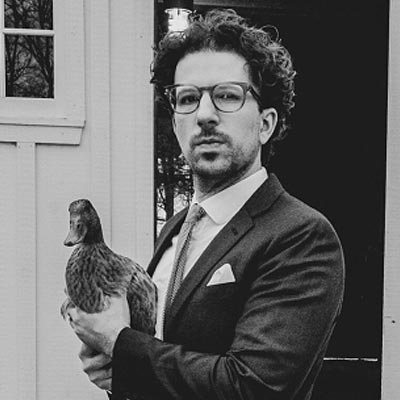A new law in Arizona aims to help address the state’s doctor shortage.
Senate Bill 1727 requires the medical schools at Arizona universities to enhance transparency and support for in-state students in their admissions processes. Moreover, medical schools must post on their websites detailed information about admissions, including the minimum qualifications, fees for all applications, the deadlines for submissions, as well as dates for interviews.
SB 1727 also requires medical schools to interview all in-state applicants who meet the school’s qualifications, submit the necessary paperwork for applications and pay whatever fees are mandated. Schools must then provide priority consideration to Arizona applicants during the initial or first round of admissions interviews.
“The University of Arizona School of Medicine is specifically directed to prioritize applicants willing to practice in medically underserved areas of the state,” says an outline of the law on Bill Track, a website that covers legislation in all 50 states. “Each medical school must submit an annual report to the Arizona Board of Regents by Oct. 1, detailing the number of in-state applicants who applied, were interviewed and were admitted, along with a description of their compliance efforts.”
Provisions of the bill will become effective Dec. 31, 2026. Gov. Katie Hobbs, D-Arizona, signed SB 1717 into law Friday.
Senate Health & Human Services Committee Chair Carine Werner sponsored SB 1727. The Center Square couldn’t reach Werner for comment, but the Republicans senator from Scottsdale has called her bill a “first step in retaining future doctors instead of exporting them” to other states.
“If you’ve recently tried to make an appointment with a physician as a new patient, only to be turned away because the office has hit capacity, or if you’ve been forced to wait months just to get an appointment, you know just how serious Arizona’s doctor shortage has become,” Werner said in a press release. “Not being able to access the medical care you need, when you need it, is more than just a frustration – it can easily mean the difference between life and death.”
Werner said she worked with Arizona State University, the University of Arizona and the Arizona Board of Regents to make sure this law can be implemented and that it will be effective for Arizonans.
“I’m grateful for the support this bill received from my colleagues,” said Werner. “This is a consequential matter negatively impacting our citizens’ health and wellbeing, and it requires all-hands-on-deck to address.”
Jeremy Snavely, business manager for Arizona-based Association of American Physicians and Surgeons, told The Center Square it is true that there is a physician shortage in Arizona.
“One big reason is a lack of residency training slots,” said Snavely, whose job includes looking over legislation for AAPS, to support or reject. “So, from my standpoint, it is not so much the number of medical school graduates, but the number of post-graduate training spots that exist and that are required to get a license.”
In Arizona, doctors must have not only gone to medical school, but must also have at least one year of post-graduate training.
“Most places probably, you’re not going to get hired in most places probably without three years of post-graduate training, but Arizona does allow a person to get a license with just one year of graduate training. But there is a lack of slots, and part of that is the government basically funds all those slots and puts a cap on the number that they’ll fund,” said Snavely.
“From our standpoint, those spots should not be reliant on government funding, but for most purposes they are,” he said.
So will SB 1727 work? Snavely said he is not so sure, due in part to the limit on the number of post graduate training slots.
Snavley added he is not necessarily opposed to the idea of Arizona prioritizing the state’s residents for Arizona medical school spots. But he does not see how it is going to increase the number of physicians.
“It is just going to change who the physicians are,” said Snavely. “Maybe there will be more Arizona natives who are physicians in Arizona, and maybe that is not a terrible thing, but I do not see how it is going to address the physician shortage.”






